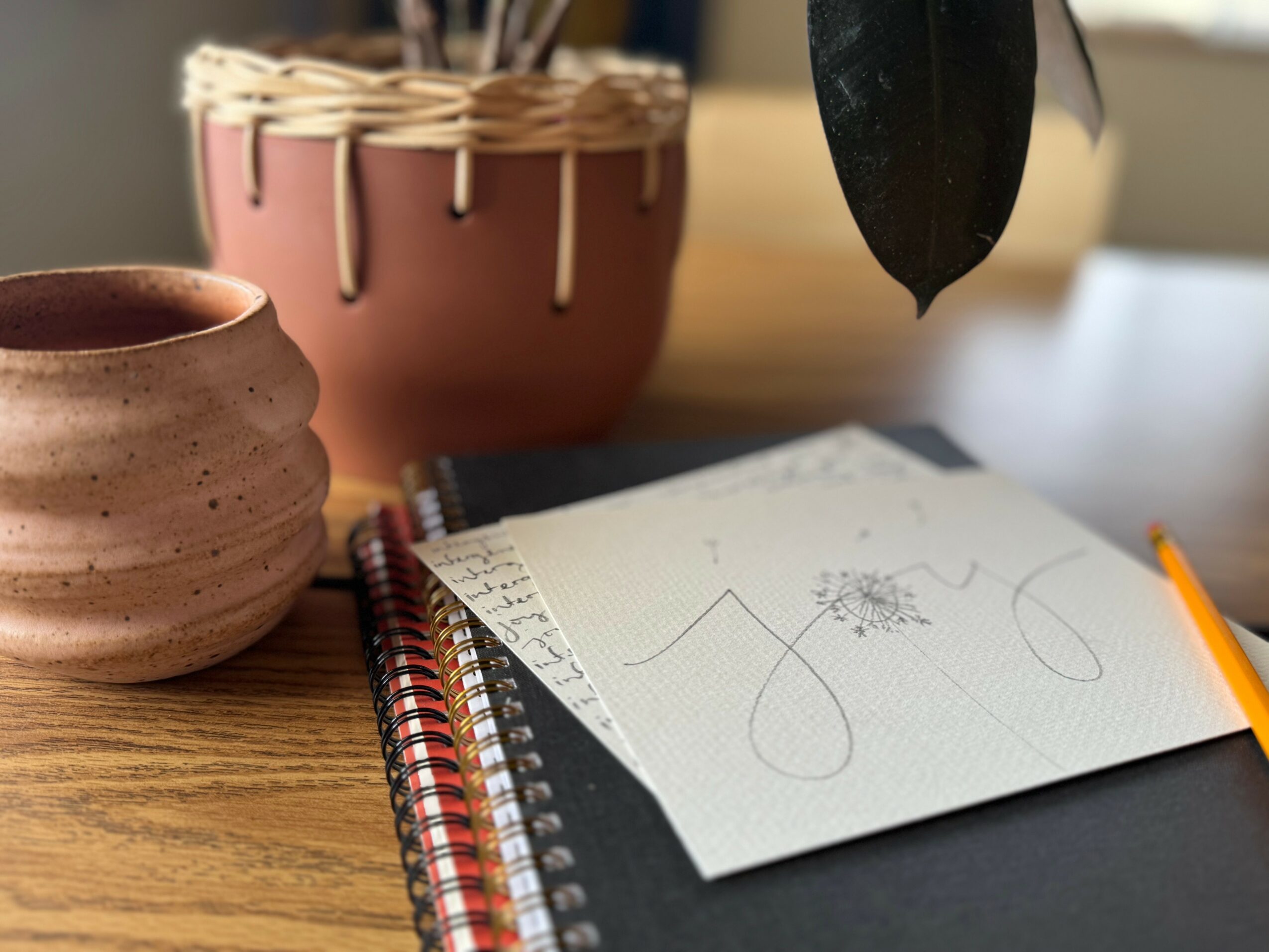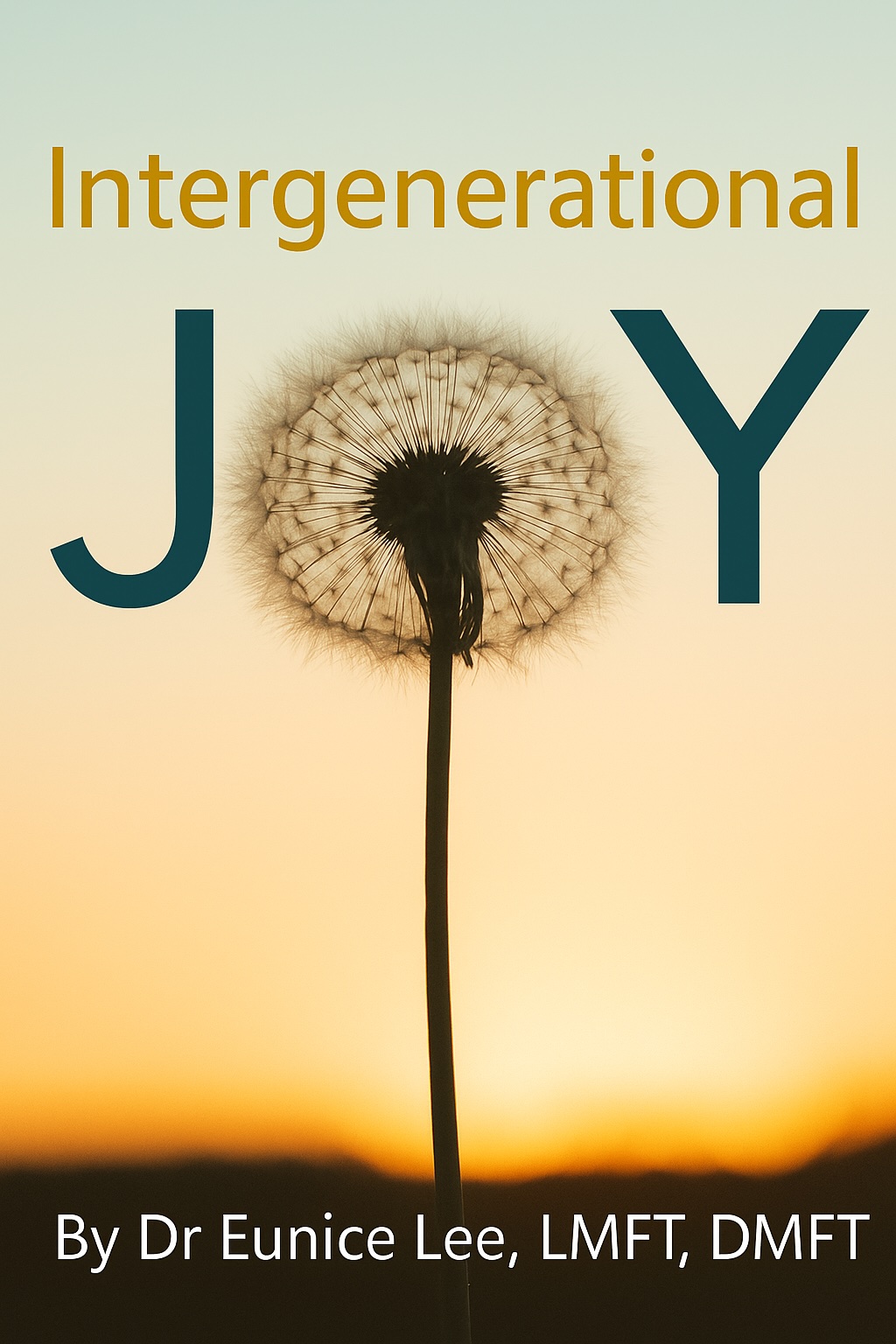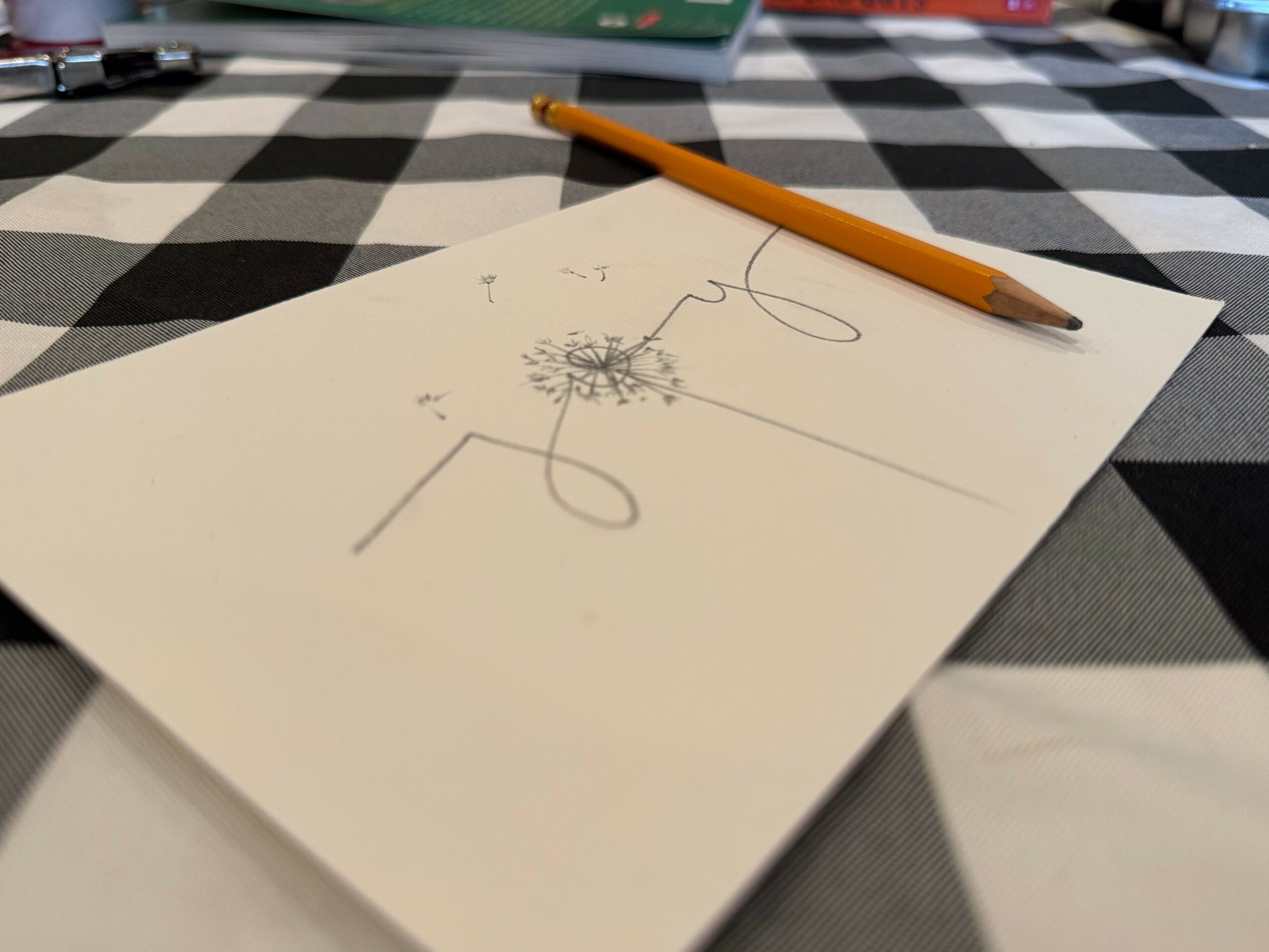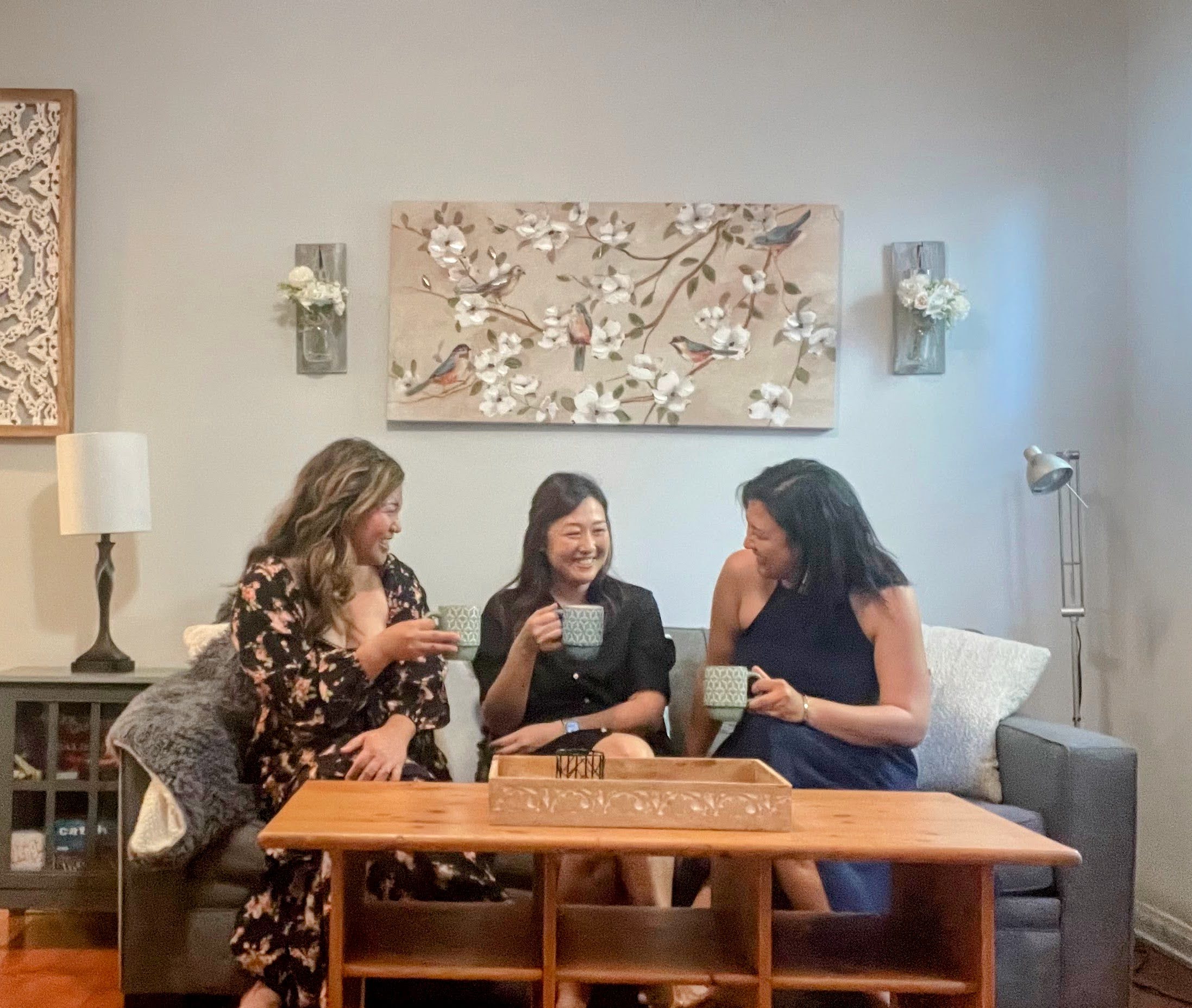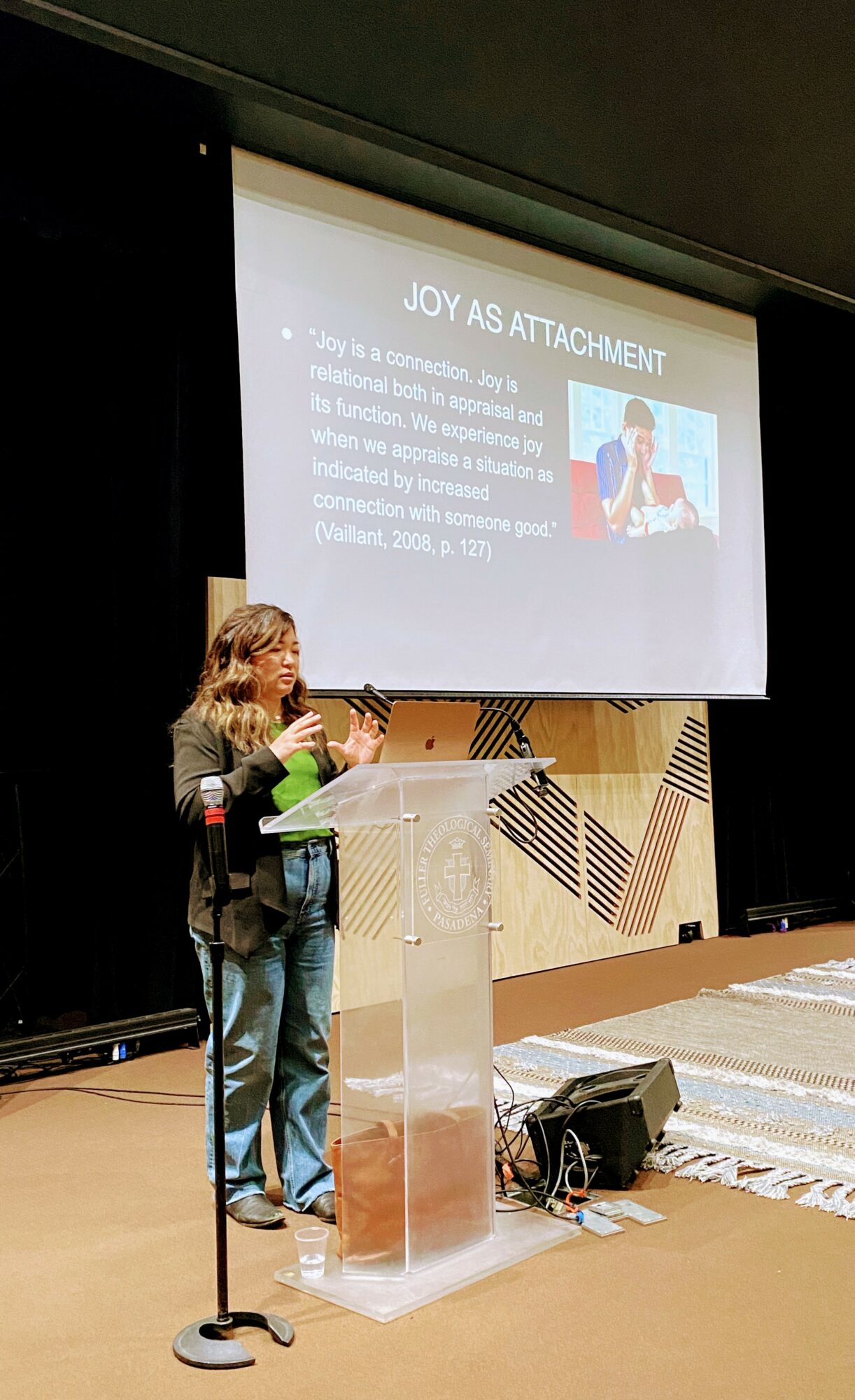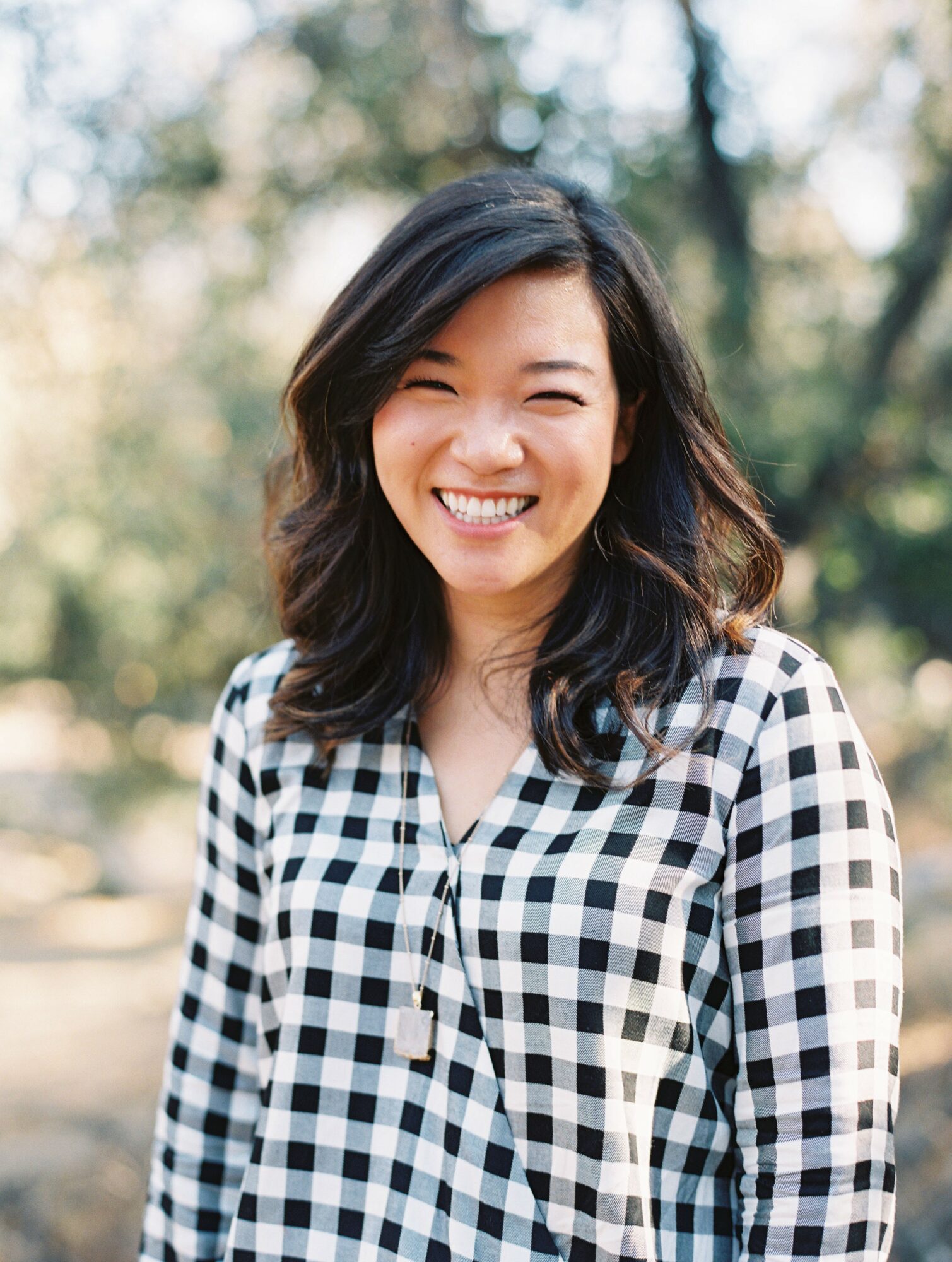

Today we’d like to introduce you to Eunice Lee.
Hi Eunice, thanks for sharing your story with us. To start, maybe you can tell our readers some of your backstory.
I’m originally from the East Coast, and I came out to LA after college looking for a sense of purpose. I ended up working with undocumented Asian immigrants in a domestic violence shelter, which led me into mental health advocacy. Over the years, I’ve worked with marginalized people from all walks of life, and eventually I wanted to give back to my own community; both Asian-Americans and my local neighborhood here in Pasadena and the San Gabriel Valley.
After a while of doing therapy, I started noticing a pattern. So many of my clients shared the same story of being Asian-American children of immigrants, but we were still applying very Western, individualistic frameworks to their experiences. We kept emphasizing intergenerational trauma, which is real, but I felt like we were missing something. So I coined this term called “Intergenerational Joy.” The idea is that we’re seeking meaning and cultural wholeness through our mutual bonds of dignity.
In therapy, mental health is often approached from a very Western, individualistic lens, and it can ignore the cultural wholeness that our ancestors passed down to us. Before war and colonization disrupted everything, there was a rhythm to how communities, villages, and families functioned. Collective trauma pulled that apart. When we talk about Asian-American mental health, we often frame it as a lack of awareness around Western values like individualism or direct communication. But I believe there’s a hidden beauty in collectivism, harmony, and connection, which is a kind of love that gets lost when we only treat clients through a Western lens. My job is to explore that with clients and help them find their truest selves.
I’m sure it wasn’t obstacle-free, but would you say the journey has been fairly smooth so far?
When I wrote my dissertation on Asian-American mental health and Intergenerational Joy, there weren’t many examples of how to do this work. I had to lean on models from other communities, like Native American narrative therapy and Latinx mental health empowerment. I think we’re turning a corner in Asian-American mental health, and a lot of that work is happening right here in Southern California. But there’s still so much room for growth.
The dominant narrative around Asian-American mental health tends to focus on shame culture, tiger parenting, and other stereotypes that children of immigrants fall back on when there’s a generational gap. And yes, that’s part of the story, but it’s not all of it. I’m here to tell the rest: our strengths, our rituals, our collective beauty. I’m pushing against this monolithic narrative, hoping to create something more complete and more beautiful.
There’s a Japanese concept called Kintsukuroi, which means “to repair with gold.” You take broken pottery and piece it back together with gold lacquer. The idea is that things become more beautiful when they’ve been broken and mended. That’s what I hope therapy is like for my clients. They’re not trying to go back to who they were before, but finding something new and more beautiful because of what they’ve been through.
Thanks for sharing that. So, maybe next you can tell us a bit more about your business?
My practice, which operates both in Pasadena and online, focuses on bicultural couples and individuals. I help people speak the language of culture. So much love gets lost in communication and expectation. There are tons of bicultural relationships in a city like Los Angeles, and I want couples to find a mutual home within each other. LA is such a transient city and people don’t always feel at home here. My job is to help clients feel at home in themselves and with one another, through connection and intimacy.
What’s next?
I want to keep seeing clients and doing this meaningful work. I truly appreciate each person who sits with me, and I honor their stories. One thing I’m really intentional about is not giving advice. We have an overabundance of advice-giving in our culture now, be it the internet, AI, all of it. I don’t think people want more information. I think they want to hear themselves. AI can be great for advice, but therapy is about two people aligning and really seeing each other. At least, that’s my hope for the field.
I want to keep writing and hearing stories about how to honor your past while carving out your future. I’m hoping to start a beta group for people interested in exploring their intergenerational joy, and ideally that’ll turn into a roadmap for people seeking more meaning, wholeness, and dignity in their stories.
Contact Info:
- Website: www..euniceleetherapy.com
- Instagram: intergenerational_joy
